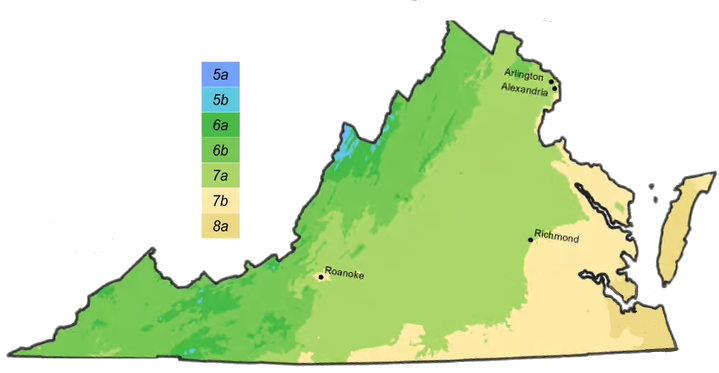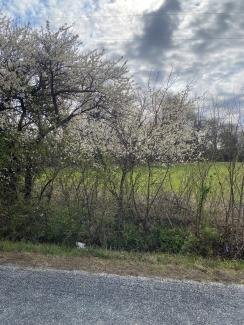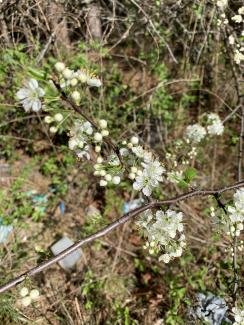
Old fields, shrubby clearings, fencerows, and roadsides; especially frequent in sandy soils. Frequent in the s. and c. coastal Plain and s. and c. piedmont; infrequent elsewhere.
Wildlife Value: Thickets provide good cover for songbirds and small mammals year round. This plant provides nectar for pollinators and is a larval host plant for several species of butterflies. You may see Coral Hairstreak (Satyrium titus), Eastern Tiger Swallowtail (Papilio glaucus), Spring Azure (Celastrina ladon), Viceroy (Limenitis archippus), and Red-spotted Purple (Limenitis arthemis astyanax). Fruits are eaten by songbirds, wild turkeys, quail, white-tailed deer, and small mammals.
Poisonous to Humans
Poison Severity: Medium
Poison Symptoms: The pits contain cyanide compounds, which are poisonous. If a couple of pits are accidentally swallowed, it will not cause poisoning. The pits are more poisonous if they are ground up/crushed or the seeds are chewed.
Bona Terra Nursery
Small family-run native plant nursery with a focus on the local genetics necessary to restore diversity in the Chesapeake eco-region. Offers free remote design service for small gardens up to 400 square feet. Orders are placed via email and items can be picked up at their NW DC office or delivered for a fee. This plant list is from the beginning of the 2025 season and may be out-of-date
| Pots Available | Pot Size | Notes | Add to Wishlist | |
|---|---|---|---|---|
| 0 | 3 Gallon |
100 available September 2025 |
View My Wishlist |

